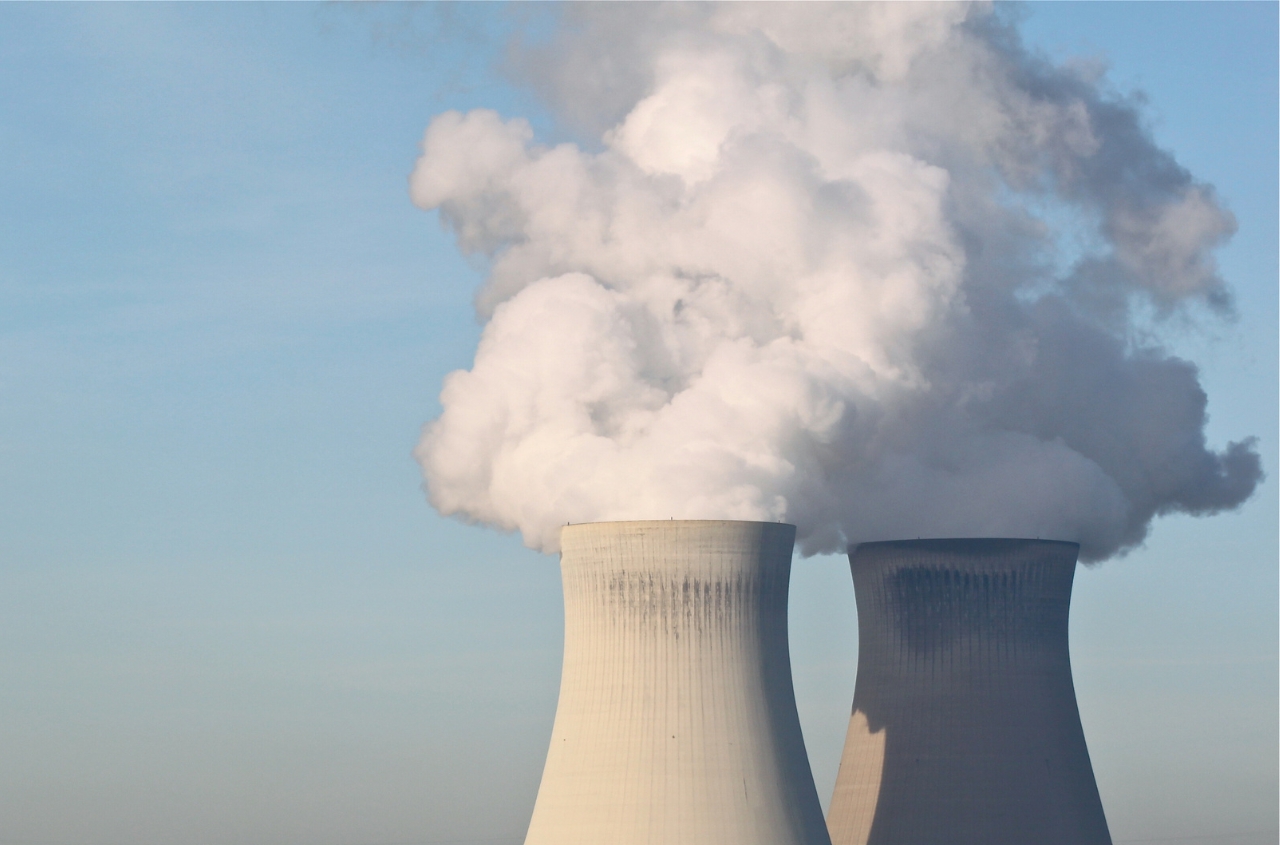In Europe, the number of incidents that experts associate with hybrid attacks from Russia is growing. Specifically, recent diversions are being discussed, such as damage to underwater cables in the Baltic Sea, suspicious self-igniting parcels, and a cargo plane crash in Vilnius, which has not yet been officially recognized as an accident, as reported by LRT.
German Foreign Minister Annalena Baerbock stated that each of these incidents could be part of hybrid tactics. She reminded that telecommunications cables had previously been damaged in the Baltic Sea, and the investigation considers the possibility of sabotage.
Lithuanian Defense Minister candidate Dovilė Šakalienė emphasized that Russia's hybrid threats are becoming increasingly serious. According to her, the country is facing attacks aimed at undermining trust in state institutions. She added that Russia is actively using nonlinear methods of influence, shifting from information attacks to physical actions.
Meanwhile, Lithuanian intelligence notes an increase in the activity of Russian intelligence services. The head of the State Security Department, Dainius Jauniškis, said that the work of preventing such threats has become significantly more complicated in recent years, but specific details remain within the scope of closed investigations.
Despite all efforts, the investigation into several incidents, including the damage to the Balticconnector pipeline, has not yet led to clear conclusions. Experts and officials point to the need for increased funding for intelligence services and the implementation of new methods to counter hybrid attacks.
Specialists also warn that hybrid warfare requires not only professional training of intelligence services but also the readiness of society for possible crises.
In the case of more serious incidents, Lithuania and other European countries must be prepared for effective and timely action.



















